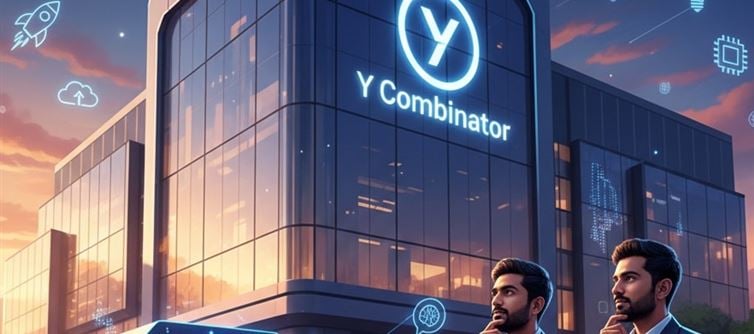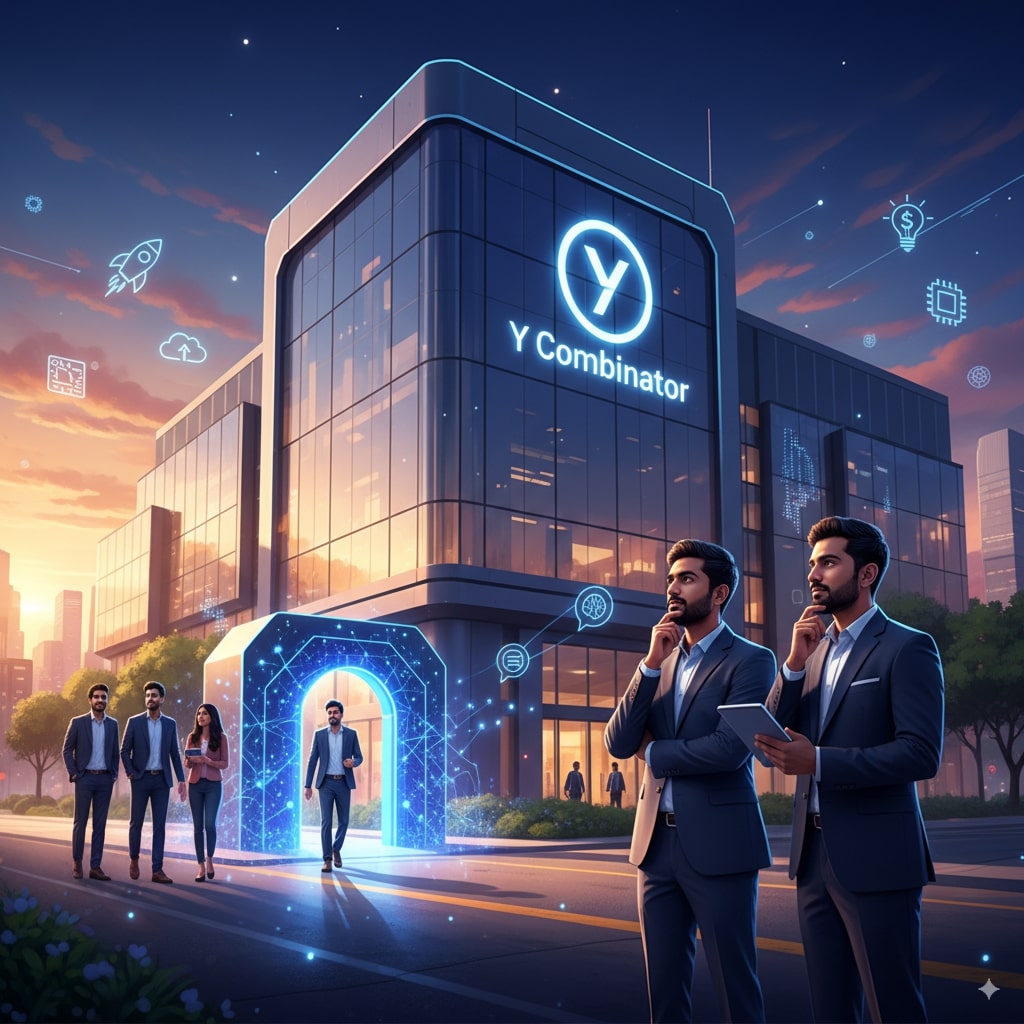
Y Combinator, the legendary startup accelerator that once seemed like a guaranteed gateway to global success, appears to be turning away from indian founders. The numbers are stark: in 2021, 66 indian startups earned a spot in YC’s coveted cohorts. By 2024? Just 4. That’s a 94% drop, even as applications from india tripled. 
The obvious question: why?
The truth lies not in bias, but in strategy. YC’s current focus is AI and deeptech, industries that demand US-based research infrastructure, specialized talent, and proximity to networks that india simply cannot yet scale. In short, YC isn’t rejecting indian founders—they are making a calculated bet on where their resources can create the most impact.
But let’s pause and reflect on what this really means. Those 4 indian startups that did get in will spend over $200K on US incorporation, legal fees, and tax restructuring before even launching. Meanwhile, indian success stories built entirely without Silicon Valley backing continue to flourish. Nykaa grew into a $7B+ beauty empire. zomato went from bootstrapped beginnings to an $8B public company. Flipkart, Freshworks, and Razorpay scaled globally without relying on American accelerators.
Even for indian YC alumni, the “prestige” often comes at a price. Groww paid over $200M in taxes during their “flip” back to India. Meesho’s US detour resulted in massive dilution. We are literally paying Silicon Valley to complicate our path home.
Perhaps the real question isn’t whether indian founders are welcome in Silicon Valley, but whether we need their validation at all. Domestic VCs deployed $8.2B in 2024 alone. local accelerators are writing $500K+ seed checks. Flipkart-style success stories are being written here, for India.
YC’s shift should serve as a wake-up call: indian entrepreneurs don’t need to chase a US stamp to build world-class companies. The ecosystem here is mature, the capital is flowing, and the opportunities are vast. It’s time to stop looking outward for prestige and start building at home—with our money, our talent, and our vision.
The uncomfortable, perhaps liberating truth? We may be better off without Silicon Valley’s stamp.




 click and follow Indiaherald WhatsApp channel
click and follow Indiaherald WhatsApp channel